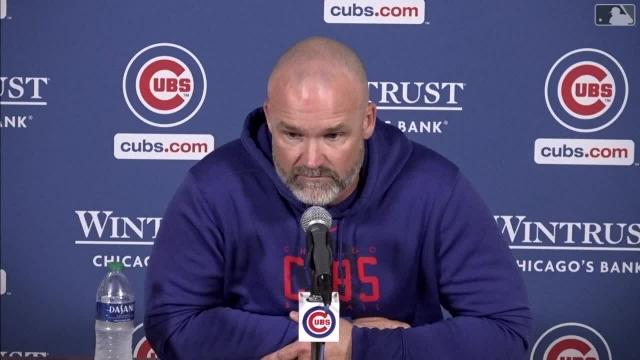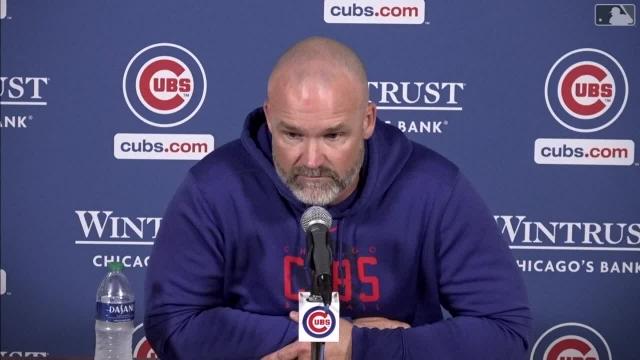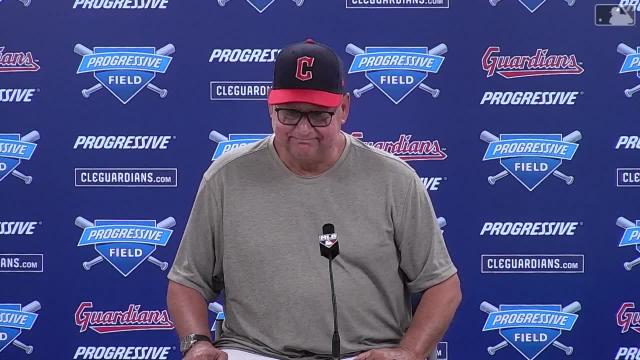The legalization of marijuana for recreational purposes in Minnesota has some Democratic Wisconsinites again confronting the state’s drug policies — and recognizing the amount of tax revenue Wisconsin may be missing out on.
With marijuana legalized in Minnesota as of Aug. 1, Wisconsin is now entirely surrounded by states that allow cannabis consumption in some form. Michigan, the first Midwestern state to legalize, in 2018, Illinois and now Minnesota allow recreational marijuana use. Iowa permits medical consumption.
Analysis from the Minnesota Department of Revenue estimates marijuana sales could bring in about $110 million in tax revenue by 2027.
In Illinois, dispensaries made more than $1.5 billion in cannabis sales during 2022. About 15% of those sales came from dispensaries in counties bordering Wisconsin. Analysis from the Legislative Fiscal Bureau estimates half of those sales came from out-of-state residents. The analysis also found Wisconsinites contributed around $36 million to the $462 million Illinois received in tax revenue from cannabis sales in fiscal year 2022.
“Knowing that Wisconsinites are getting in their cars, taking time out of their lives to drive to these states and spending their hard-earned dollars in these states and invigorating a tax base and the economy in other communities — I know Wisconsinites would prefer to spend their money here,” said Senate Minority Leader Melissa Agard, D-Madison, one of the staunchest supporters of cannabis legalization in the Legislature.
Starting slowly
It might be a while before Wisconsinites start making frequent trips to Minnesota to buy cannabis. Dispensaries can’t open in Minnesota until the state figures out a licensing system for the businesses. That could take until 2025, according to reporting from Minnesota-based news outlets.
But Minnesota’s tribal governments don’t have to wait for the state’s licensing system to open dispensaries. Red Lake Nation opened the first recreational marijuana dispensary in north-central Minnesota on Aug. 1.
Half of Wisconsinites above the age of 21 live within a 75-minute drive to a recreational dispensary, according to a study issued in February by the Wisconsin Policy Forum, a nonpartisan, independent research organization. This percentage will likely increase with the Minnesota decision, said Ari Brown, a senior research associate at the forum.
“It’s going to depend on how and how fast implementation happens,” Brown said.
Revenue streams
In Michigan, dispensaries popped up quickly, providing the state with a rush of funds. Sales of recreational marijuana in Michigan increased by a factor of 30 in the first three years after dispensaries opened, according to the report.
In 2022 alone, over $2 billion worth of recreational marijuana products were purchased in Michigan by both in- and out-of-state residents, four times the amount in 2020. The state has used this money to fund K-12 education programs and infrastructure.
Michigan’s marijuana revenue is produced by a 10% excise tax and a 6% sales tax. In Illinois, this rate is even higher, with some cannabis products taxed at more than 20%. Minnesota’s tax rate sits at 10%, according to the Minnesota Department of Revenue.
The Legislature
Republican legislative leaders have long opposed legalizing recreational marijuana, though they’ve recently expressed support for a narrow medical cannabis program.
Democratic Gov. Tony Evers has sought to legalize medical and recreational cannabis in each of the three budgets he has introduced. Republicans scrapped the proposals each time.
But legislative Republicans granted a public hearing last year for a medical marijuana proposal — the first time such a thing has happened under a GOP Wisconsin Legislature. The bill would have permitted use of the substance by Wisconsinites dealing with serious medical conditions. But the public hearing came after the Legislature wrapped up its activity for the year, so the proposal never received a floor vote.
Republicans have said they’ll reintroduce the measure with some modifications this year, and GOP legislative leaders have said recently that both chambers would support some version of medical marijuana.
So far, there haven’t been any GOP medical cannabis proposals this session.
“Nothing has come to fruition,” Agard said.
The lead author of last year’s proposal, Sen. Mary Felzkowski, R-Irma, didn’t immediately respond to a request for comment about whether she would reintroduce her medical cannabis proposal.
“The Assembly is crafting a proposal that we hope to bring forward this fall,” Assembly Speaker Robin Vos, R-Rochester, said in a statement Thursday.
Popular support
One reason cannabis remains illegal in Wisconsin is that Republicans’ gerrymander of the legislative maps give them a disproportionate legislative majority that doesn’t allow many Wisconsinites’ voices to be heard, Agard said.
Under the current legislative maps, Wisconsin Republicans — who largely denounce marijuana on the basis of the health consequences they say it poses, especially to young people — have a near-supermajority in the Legislature.
Agard said she’s hopeful a recently filed lawsuit seeking to redraw the state’s political maps could help resolve the matter.
Most Wisconsinites support legalizing cannabis. An October 2022 Marquette Law School Poll found 64% of registered voters in Wisconsin, including 43% of Republicans, want marijuana to be fully legalized. A 2019 Marquette Law School Poll found 83% of Wisconsinites said medical marijuana with a doctor’s prescription should be legal.
Half of Wisconsinites above the age of 21 live within a 75-minute drive to a recreational dispensary.















No comments:
Post a Comment